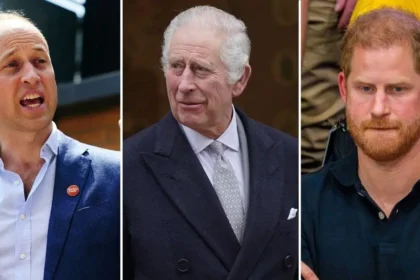As the entertainment industry grapples with the ever-increasing impact of artificial intelligence, an intriguing development has emerged at the Grammy Awards. The prestigious music event has given its approval for the submission of an AI-generated track featuring none other than music heavyweights Drake and The Weeknd.
Harvey Mason, the CEO of the Recording Academy, confirmed that the AI-generated song is indeed eligible for consideration. He emphasized that despite its AI origins, the song was ultimately crafted by human hands. What sets this submission apart is that it has been entered in categories that recognize the songwriters rather than the performers, such as Best Rap Song and Song of the Year.
However, the Grammy rules stipulate that the track must meet a crucial criterion—it should have “general distribution.” This means the song must undergo a broad release, making it accessible through various channels, including physical stores, online retailers, and nationwide streaming services.
This development comes in the wake of a notable incident earlier in the year when an emerging artist using the moniker “Ghostwriter” unleashed an AI-produced track titled “Heart on My Sleeve.” The song astounded listeners with its remarkable accuracy in capturing musical elements and styles. However, this led to concerns about copyright status.
In response, Universal Music took swift action, ordering major music streaming platforms like Spotify, YouTube, Apple Music, TIDAL, and Deezer to remove the AI-generated track. Despite these efforts, the song still managed to find its way onto the internet through unofficial channels.
The blending of AI and music creation raises intriguing questions about the nature of authorship, creativity, and intellectual property rights in the digital age. As AI continues to reshape the creative landscape, it is likely that such discussions will become increasingly common in the music industry and beyond




